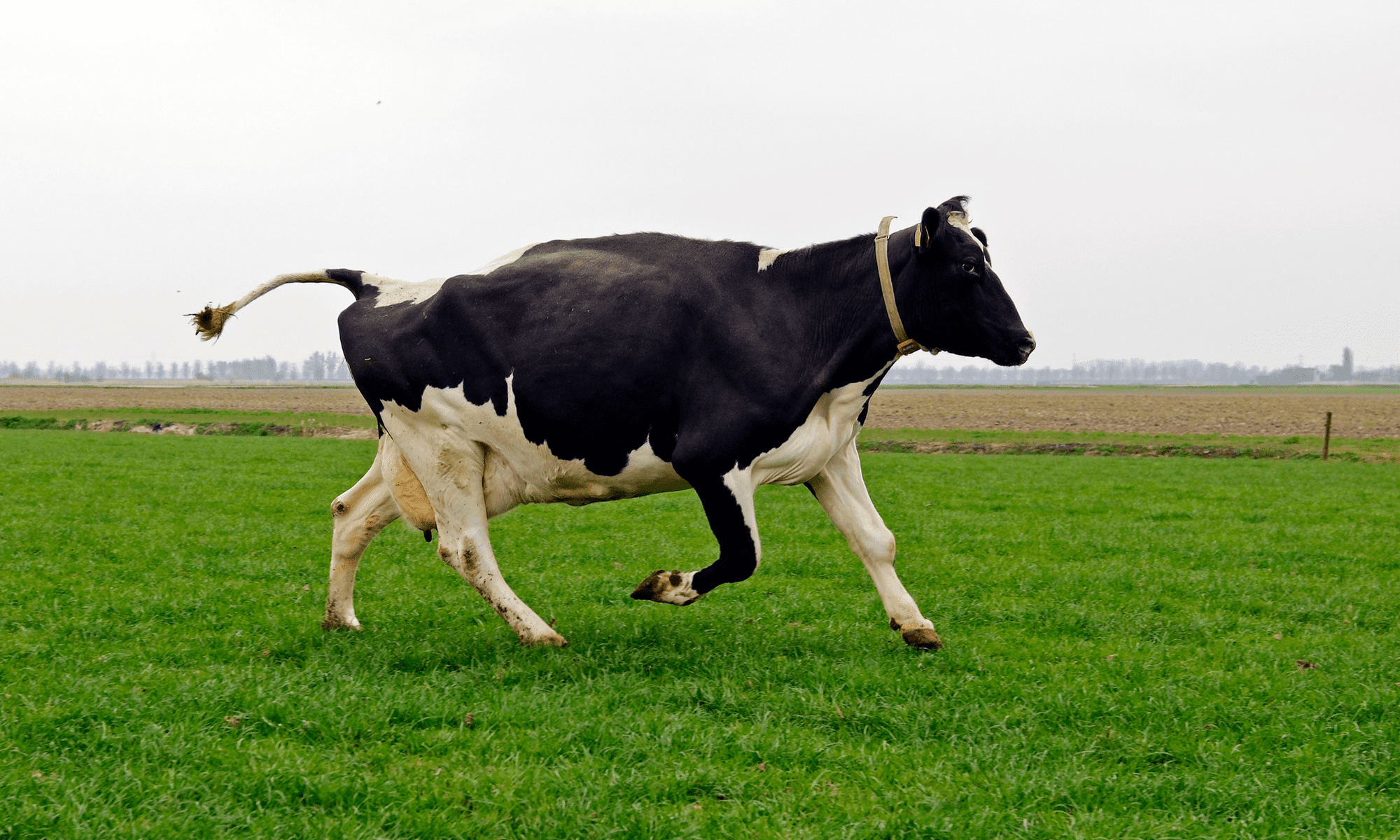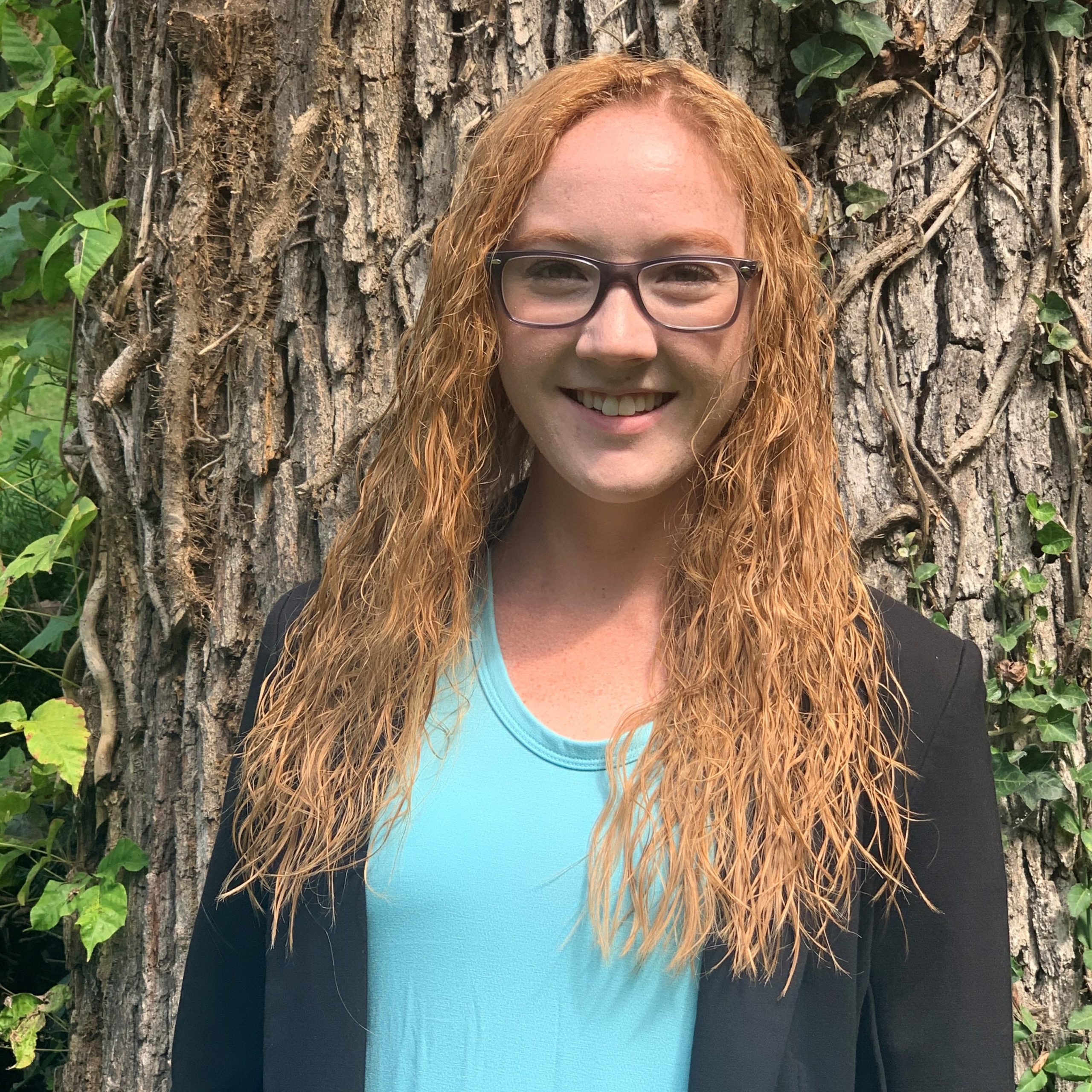
Check out the final article of the ADSA 2021 Student Writings; thank you for joining us on this 9 part series to support our students!
Check out today’s short writing by Caitlin Zaring for the Annual American Dairy Science Association meeting held virtually last month. Caitlin is a second-year Master’s student in Animal Science under the mentorship of Dr. Elizabeth Eckelkamp and the Treasurer for the ADSA Graduate Student Division. Originally from Knoxville, TN, she holds an Associate’s degree in Science from Roane State Community College and a Bachelor’s degree in Animal Science from the University of Tennessee.
Animal Behavior and Well-Being Symposium: Translating Animal Welfare Science
By Caitlin Zaring
The final symposium lead by Dr. Amber Adams-Progar revolved around Animal Behavior and Well-Being. Presenters included Dr. Sarah Adcock from the University of Wisconsin-Madison, Dr. Jen Walker from Danone North America, and Dr. Jeremy Marchant-Forde from the USDA-ARS Livestock Behavior Research Unit. Dr. Adcock presented her research to determine if an animal’s affective state can be predicted by decision outcomes. She found that affective states cannot be determined with certainty, but decision outcomes and affective states can help to generate testable hypotheses and explain decisions that seem counterintuitive. Next, Dr. Walker proposed changing our frame of mind regarding welfare and the food system. She encouraged the audience to think beyond the five freedoms, suggesting they should be used as a baseline for animal welfare, not as a standard for it. Finally, Dr. Marchant-Forde spoke of animal agriculture’s challenges and how improving animal welfare can improve these issues. By improving animal welfare, he suggests that we may reduce the need for antimicrobials, demand for alternative proteins, and enhance worker recruitment and retention. The concept of consumer opinion was entangled in each talk, and the speakers had a similar view. Rather than simply educating consumers on why procedures, such as tail docking and dehorning, are done, we should do three things. Firstly, continue to expose and educate consumers on these practices. Secondly, accept that no matter the amount of education, consumers might never accept the methods. Finally, work to resolve the issue that causes us to need these practices if possible. One speaker suggested that rather than simply accepting tail docking in piglets as a regular thing, consider focusing on why piglets chew others’ tails and curbing this behavior. The session ended with an audience question of how consumers are expected to “have skin in the game” and promote good animal welfare if many consumers believe food is already too expensive before prices are raised to cover the added cost of providing such welfare. Dr. Walker answered this by admitting this is a problem without an easy answer; we have to compromise and work to make consumers understand that you cannot have the prices they are used to and expect to have great animal welfare. Caitlin Zaring is a Master’s student in the Department of Animal Science at the University of Tennessee under Dr. Elizabeth Eckelkamp. She holds a B.S. in Animal Science from the same institution and an A.S. in Biology from her local community college. Her survey-based research describes the state of value-added dairy enterprises and consumer preferences for value-added dairy products in Tennessee.
